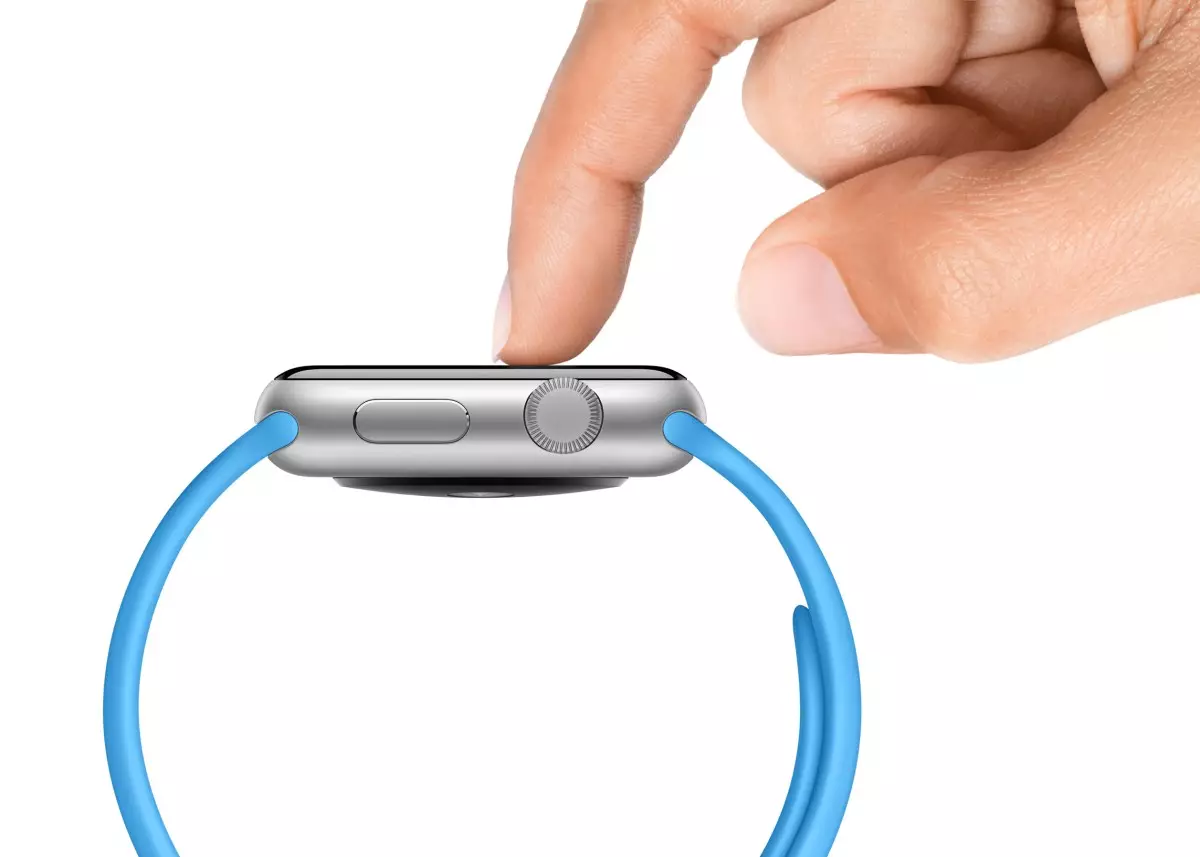In a significant legal development, Apple has reached a $20 million settlement to resolve a class-action lawsuit concerning battery swelling in the initial generations of Apple Watches. This case, filed in 2019 in the U.S. District Court for the Northern District of California, points to a defect allegedly affecting the first four models of the Apple Watch—specifically, the Original Apple Watch, Series 1, 2, and 3. The crux of the lawsuit revolves around the phenomenon of battery swelling, where lithium-ion batteries develop an internal buildup of heat and gas, leading to physical expansion. In confined spaces typical of smartwatches, this issue could ultimately compromise device integrity, affecting not only the battery but also other integral components.
Despite reaching a settlement, Apple firmly maintains its innocence regarding the allegations. The tech giant has expressed its commitment to ensuring customer safety and the reliability of its products, stating, “Apple denies all allegations made in the lawsuit and asserts that it did nothing improper or unlawful.” The court also emphasized that the settlement is not an admission of guilt. This demonstration of vigor in defense highlights a common corporate strategy where companies seek to mitigate legal risks without conceding liability, thus preserving their public image.
The multi-million-dollar settlement has specific eligibility criteria that consumers must meet to qualify for compensation. Individuals who have raised concerns with Apple customer service about battery swelling between April 24, 2015, and February 6, 2024, will be able to claim their share, with notifications sent via postcard or email. This timeframe represents a crucial window for consumers, as only those based in the U.S. are eligible to benefit from this settlement. Compensation will vary depending on the number of complaints filed by eligible parties during the specified period, with payments ranging from $20 to $50. This tiered structure incentivizes consumers to report issues promptly while ensuring that Apple can address concerns adequately.
This settlement comes on the heels of another notable case involving a competitor, Fitbit, which was ordered to pay a penalty of $12.25 million related to battery overheating issues in its Ionic smartwatch. Such legal predicaments highlight a broader trend in the tech sector, where manufacturers are increasingly held accountable for the performance and safety of their devices. Consumers are becoming more vigilant about product safety, and tech companies must navigate these heightened expectations alongside ongoing innovation and development.
The resolution of this lawsuit underscores the intricate balance between technological advancement and consumer safety within the electronics industry. While Apple seeks to maintain its reputation, this settlement serves as a reminder to other companies about the necessity of addressing safety concerns proactively. As the landscape for tech products evolves, companies must remain vigilant in product testing and customer service practices to avoid similar legal challenges. This case may ultimately push industry standards towards greater safety and transparency, reflecting consumers’ growing demand for accountability from brands they trust.

